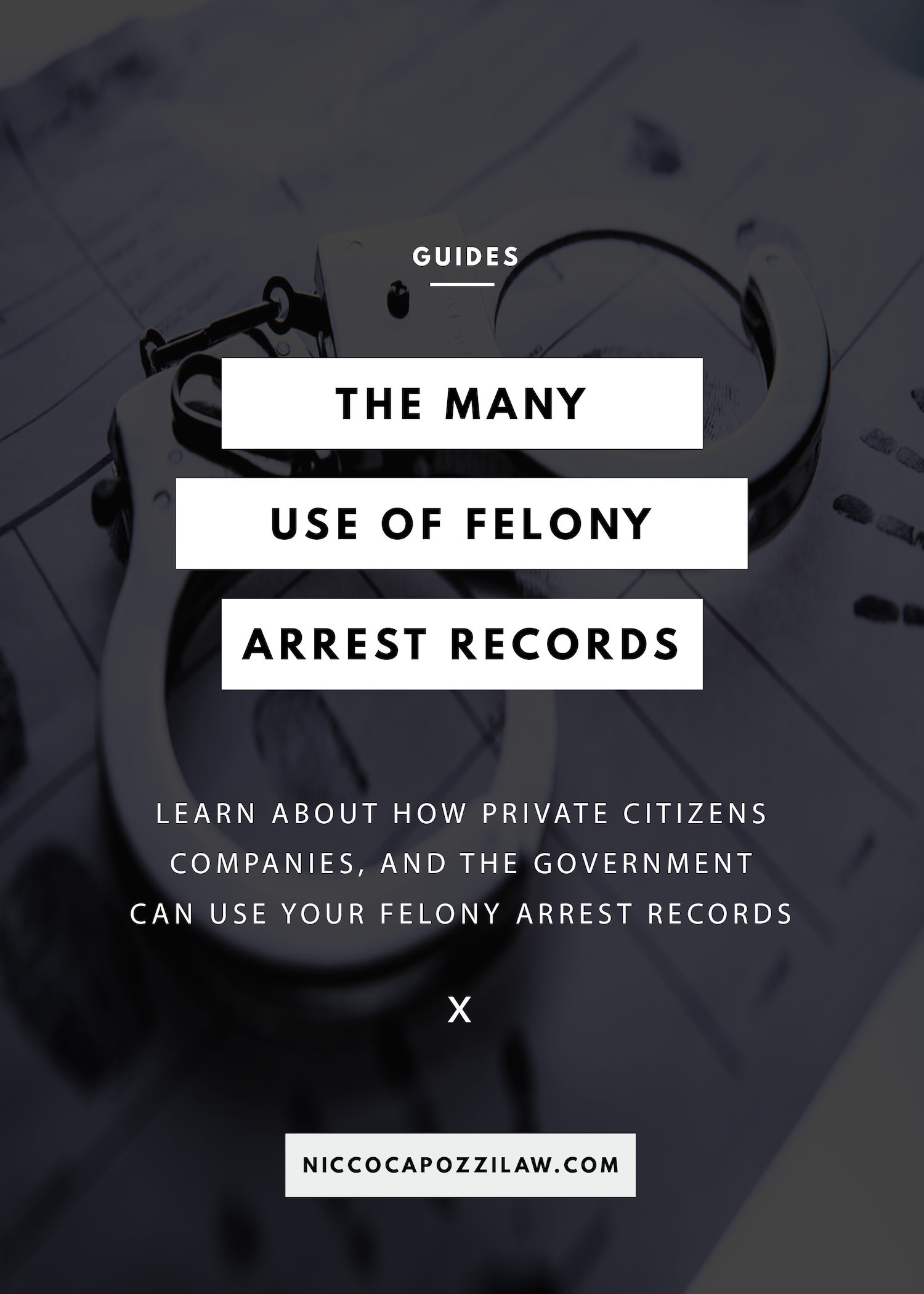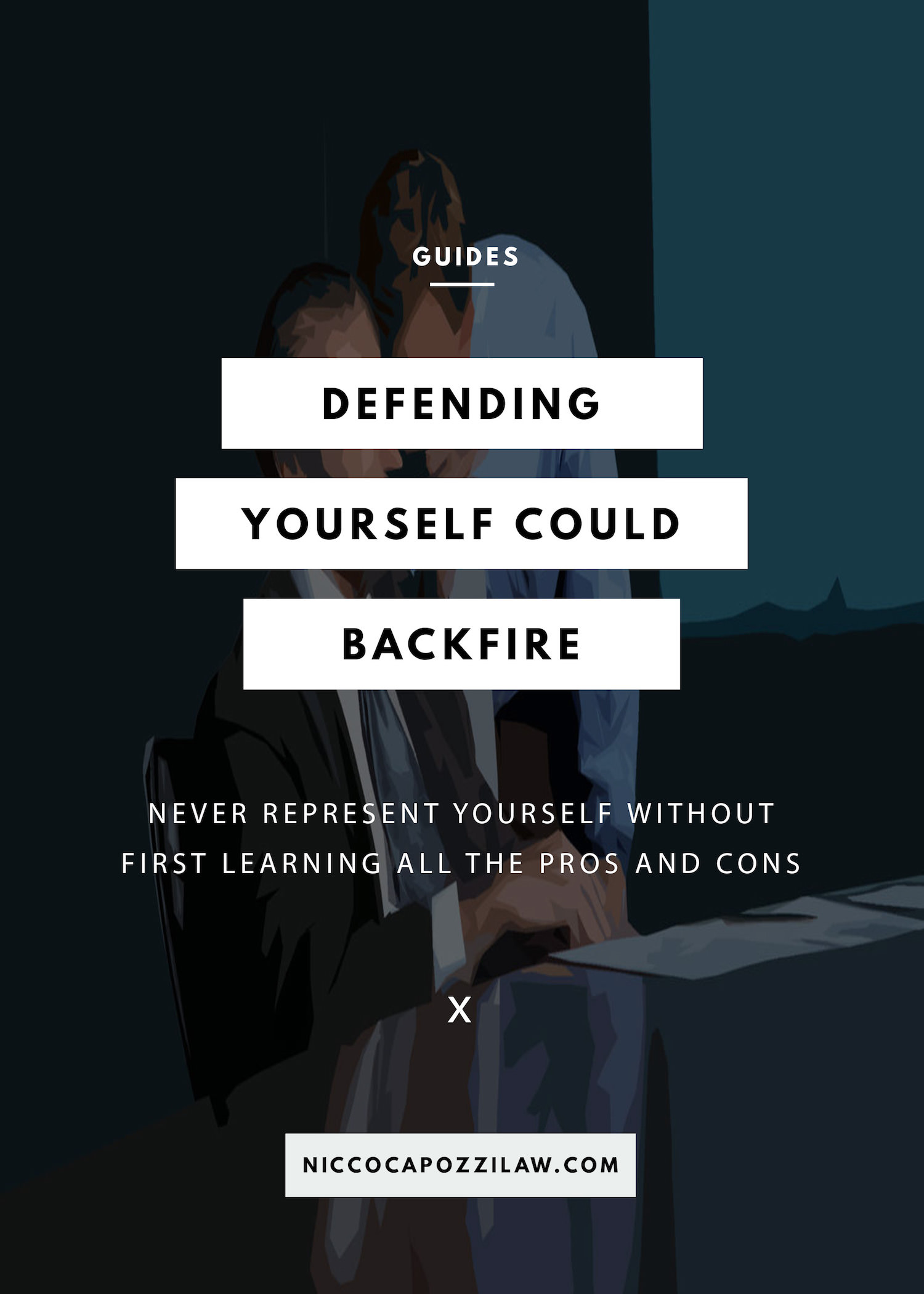Many people have seen TV and movie glorifications of bank robberies, but bank robbery charges cover far more than a violent stick up followed by a stand off with the police. Nearly any act designed to take money from a bank could result in federal felony charges resulting in decades in prison. This applies to any person that the government believes to have provided assistance in a bank robbery no matter how remotely they were connected to the actual act of robbing a bank. If you or someone you know has been charged with bank robbery, it's important to have a thorough understanding of bank robbery laws and possible defenses.
Robbing a Bank
The crime of robbing a bank includes displaying a gun, passing a note, and any other action designed to force or intimidate the bank's staff into handing over money. Bank robbery can be charged whether or not a weapon is used. It has been charged when a person later said they were only joking, and it has been charged where a person repeatedly asked to make a withdrawal without providing their name or account information. In short, any conduct that can even remotely be perceived as a demand for money other than to make a legitimate withdrawal can be charged as bank robbery. Bank robbery itself is punishable by up to 20 years in prison, and this does not include possible additional charges related to weapons possession or violent acts.
Simply taking any money or property from a bank also falls under the federal crime of bank robbery. If the value exceeds $1,000, it is a felony punishable by up to 10 years in prison. If the value is less, it is a misdemeanor. Any person who receives, hides, disposes of, or possesses money from a bank robbery knowing that the money was obtained in a bank robbery faces the same charges as a person who takes money or property from a bank.
Attempting to Rob a Bank
Attempt can be charged when a person takes steps towards the commission of a crime but is prevented from committing the crime or fails to complete the crime. Under state law, an attempt to commit a crime is punishable as a lesser offense than the crime itself. There is no separate provision for attempted crimes under federal law, and under the federal bank robbery law, once a person enters a bank or attempts to enter a bank, they have committed the crime of bank robbery.
Helping Someone Rob a Bank
Helping another person rob a bank may result in the same penalties as for the person who actually committed the act of robbing it. If a person participates in the planning, procures weapons or other equipments, acts as a look out or getaway driver, or takes other actions in furtherance of the bank robbery, they may be charged with conspiracy to commit bank robbery. These acts are also commonly referred to as aiding and abetting.
For a person to be guilty of conspiracy to commit bank robbery, they must have made an express or implied agreement to rob a bank, and one of the people involved in the agreement must have performed some act towards robbing the bank. This act does not have to involve the actual robbery but can include some small preparation measure such as purchasing masks. All conspirators are liable for the crimes committed by the conspiracy as a whole no matter how big or how small their role was.
Helping a person who has robbed a bank after the robbery is a separate offense of accessory after the fact if there was no prior knowledge of the bank robbery. For example, a preplanned getaway driver could be charged with conspiracy, but a person who was surprised when their friend says they just robbed a bank and asks to be driven to another state and does so can only be charged with accessory after the fact. Accessory after the fact can include providing a place to hide, destroying evidence, and providing transportation, among other things, and is punishable as a felony.
Defending a Bank Robbery Charge
Absent sophisticated planning to disable a bank's surveillance system, virtually every alleged bankruptcy will be entirely caught on tape. This can be useful where a teller misinterprets a situation and overreacts or where allegations of violence or the display of a weapon are wrongly made. Unfortunately, it also means that the best outcome for a direct participant in a bank robbery may be having their criminal defense attorney negotiate a favorable plea.
For those charged with conspiracy or aiding after the fact, a broader range of defenses are available. Frequently, an unwitting dupe is asked for a ride and then charged with bank robbery related offenses. The government is required to prove that they had actual knowledge of the bank robbery. Those charged with conspiracy may have defenses of abandonment or renunciation available. With the possibility of decades in prison on the line, the best action is to immediately consult with an experienced criminal defense attorney about how to proceed.







